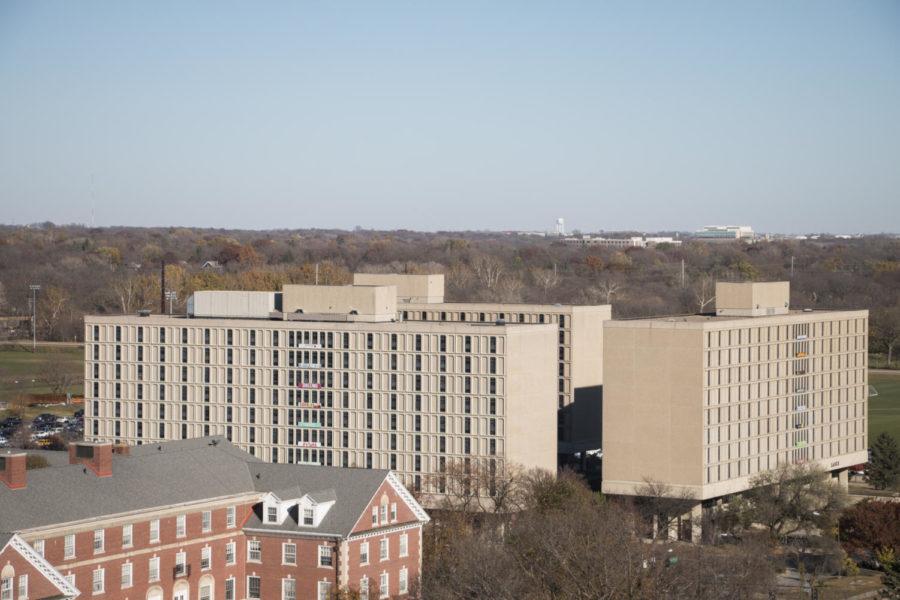Study shows unprotected sex common on college campuses
September 3, 2003
A study released last week by the Society for Adolescent Medicine found a large amount of American college students have unprotected sex and consequently disregard the need for protection.
According to the study, 56 percent of college students who live away from home have become sexually active while attending college, and 73 percent of those reported having unprotected sex.
“None of that surprises me,” said Bob Hensley, graduate student in human development and family studies and instructor of Iowa State’s course on human sexuality. “Education played a huge factor in this behavior.”
The national survey found 68 percent of those who had unprotected sex did not believe they were at risk of contracting a sexually transmitted disease.
Almost half of sexually active students had never been tested for an STD, although one in five college students reported knowing someone who has contracted a STD in college, the study said.
“This is potentially life-threatening ignorance,” Hensley said. “There is a mindset that [college students] think they are immortal.”
Brian Dunn, program coordinator for Thielen Student Health Center, said educators have a responsibility to help prevent STDs.
“I don’t believe that [students] think they are at risk,” said Brian Dunn, program coordinator for Thielen Student Health Center. “Too often we focus on the risk. They still choose to engage in behaviors that are unhealthy.”
Dunn said using condoms, limiting the number of partners a student has or abstinence will help to prevent STDs.
Peer educators from the Thielen Student Health Center speak at greek houses and residence halls about the risks of unprotected sex, Dunn said.
Kim Gordon, executive director for Iowa Right to Life, said she believes education is not the answer.
“This study is proof that teaching protected sex doesn’t work,” Gordon said.
Gordon said women rely on birth control pills in place of condoms or abstinence.
Iowa Right to Life teaches abstinence until marriage.
When students don’t protect themselves, the word contraceptives becomes something of a misnomer, Gordon said.
She said she believes education and contraceptive use “abandon the real truth and real consequences.”
Hensley said he emphasizes the importance of knowledge of STDs in his human sexuality course, HD FS 276.
“Be more sensitive to one’s surroundings,” Hensley said. “Knowledge is power and can be life-saving power.”
















